Keep your files safe and private
Proton Drive’s end-to-end encrypted cloud storage ensures no one but you and the people you choose can access your files. Not even Proton.


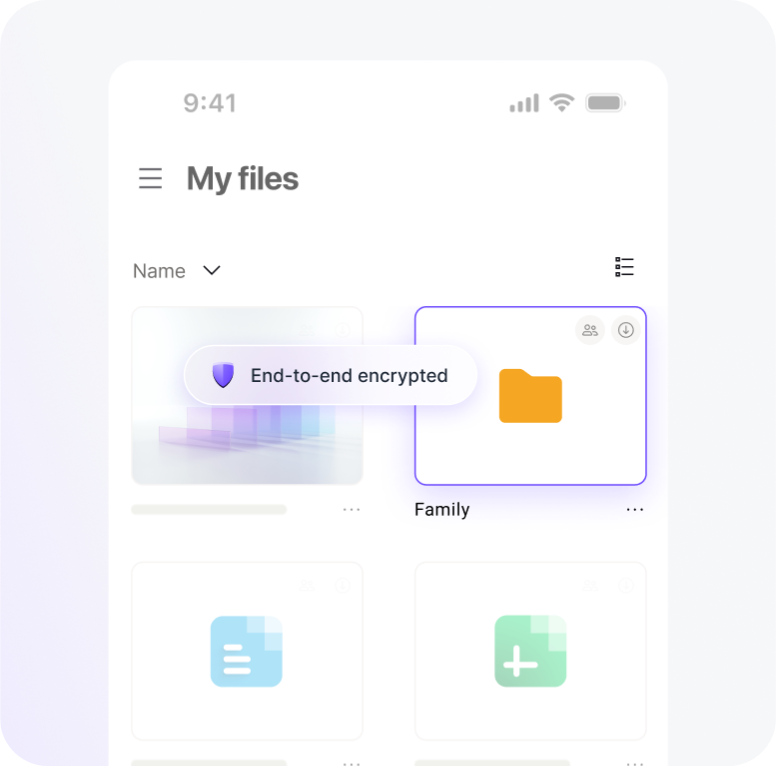
Your files. Your photos. Your rules.
Your photos, videos, and personal files are more than just data. They are a record of your life. Proton Drive cloud storage protects them with the highest levels of security and privacy, keeping them safe from AI, advertisers, and prying eyes.
Store and share important files
Safely store and share files of any size or type, from financial documents to vacation memories. Proton Drive lets you stay in control with passwords, expiring links, and the ability to revoke access at any time.
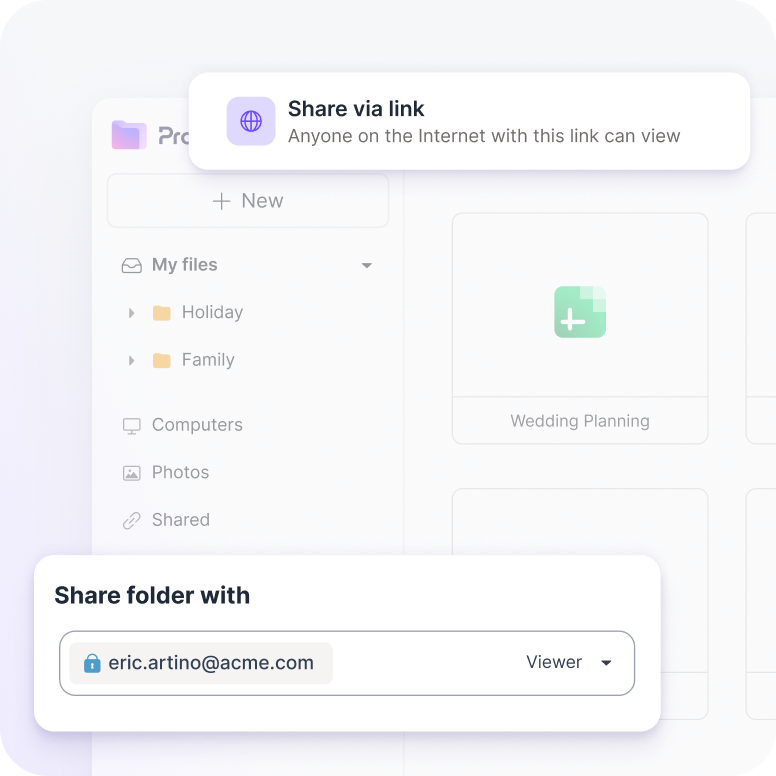
Protect and organize your photos
Automatically back up your photos and organize them into secure albums. Whether you’re capturing everyday moments or special events, your memories stay ready to revisit anytime, from anywhere — even if your device is lost or damaged.

Create and collaborate in real time
Write, edit, and share ideas with Drive’s online document editor. Whether you're planning a trip or working on a project, Docs keeps everyone in sync while keeping your ideas safe from data breaches, online surveillance, and AI training.
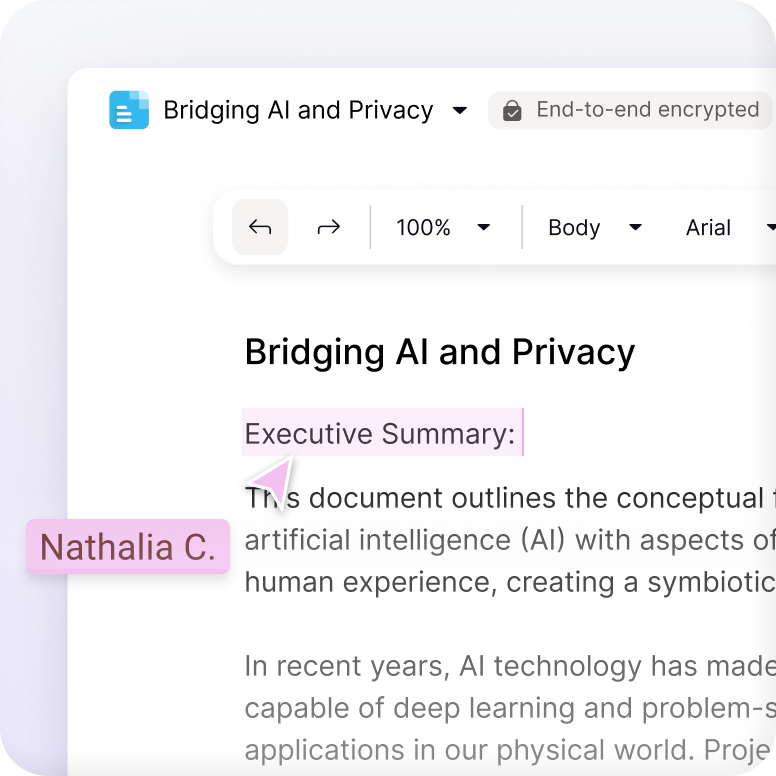
Manage and control sensitive data
From simple lists to complex models, Proton Sheets helps teams work together on budgets, timelines, and data that must stay safe. You control who you share with, and every edit is end-to-end encrypted.
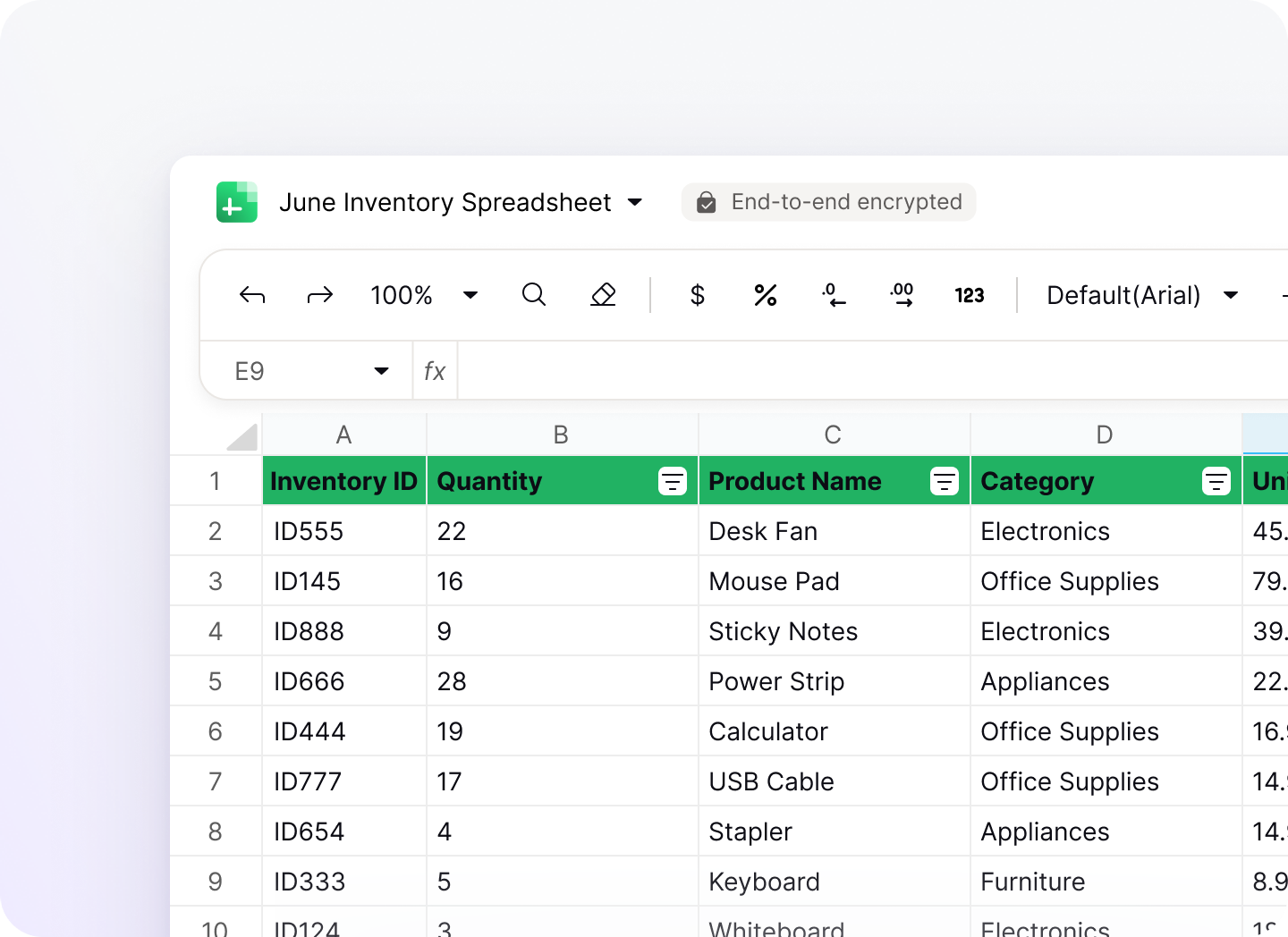
Encrypted cloud storage for businesses
Whether you're handling legal documents, financial records, or the next big news story, Proton Drive keeps your team secure, private, and in sync.
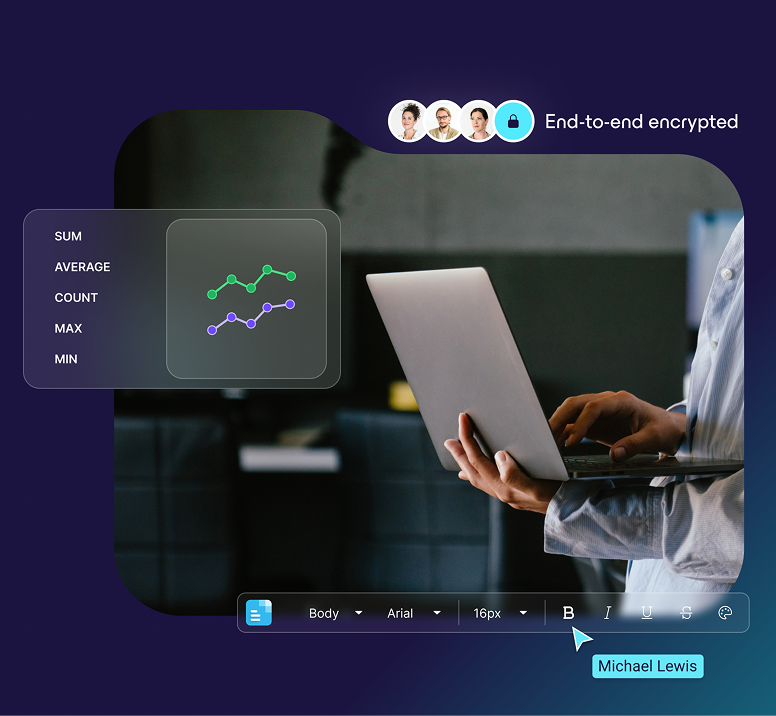
Your privacy is our first and only priority
Unlike Big Tech, Proton believes in privacy by default. We don’t (and can’t) access or monetize your data, and we don’t answer to investors — just you.
End-to-end encrypted
We encrypt your files, their names, and more right on your device before they’re uploaded to the cloud, so only you hold the keys to unlock them.
Swiss privacy
Proton is based in Switzerland, so your files benefit from some of the world’s strictest privacy laws, keeping out of US and UK jurisdiction.
Open source
Our encrypted cloud storage is regularly audited by independent experts, and our code is publicly available for anyone to review and verify.
Join millions who trust Proton to protect their data

What is cloud storage and how does it work?
Unlike traditional forms of data storage (such as hard drives), cloud storage uses servers in off-site locations to store data, letting you access your files any time you want as long as you have a device that connects to the internet.
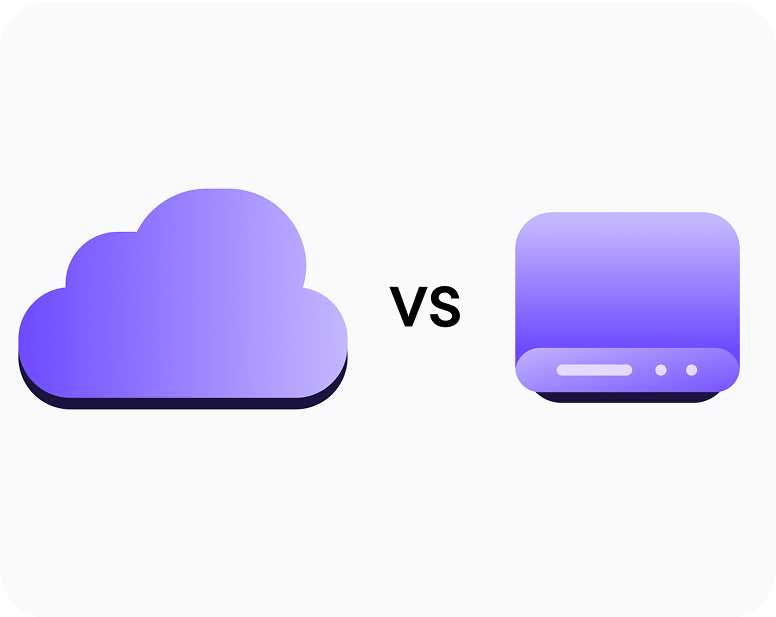
Pros and cons of physical vs. cloud storage
When you need to store digital files, you have two basic options: cloud storage and physical storage. Both types have advantages and disadvantages. In this article, we’ll briefly explore these.

Why use cloud storage?
Even if you already use cloud storage for some things, you may benefit from additional privacy and use cases you might not have considered.
Frequently asked questions
- Can I sync files from my computer to Proton Drive?
- What can I store in Proton Drive?
- Does Proton Drive provide good cloud storage for businesses?
- Can I share files stored in Proton Drive?
- Can I transfer large files securely on Proton Drive?
- How do I backup my files on Proton Drive?